At a time when most of Muslim societies are approached through a stereotyped perspective, especially when it comes to women’s roles, this film portrays Egyptian women’s empowerment attempts. By following the stories of 15 real women, the film tries to break down prejudices and show how women live, think and feel in real life.
“Why is all my positive energy always going down the drain and I end up depressed? Why does society think that once a woman turns 30, she cannot learn something new?” laments Ola Ammar, a 36-year-old woman in a wheelchair, during a scene in “Colored Dress,” a film by Egyptian director Ehab Moustafa.
Ammar is one of the 15 women whose stories are told in the film in order to show the different aspects of women’s lives in Egypt. The 40-minute film, released last December, is a mix of reality and imagination, where each woman plays her own life story. The story line of how the women’s lives are intertwined is fictional.
With the ‘Colored Dress,’ I wanted to tell a story based on reality and to bring the audience different examples of independent women from Egypt’s middle class.”
Moustafa told Al-Monitor that he wanted the film to address the challenges women face in society, as well as Egyptian society’s negative attitude toward women who want to be socially and economically independent.
“Society’s attitude toward independent women is deformed in Egypt, as people see them as bad or rebellious,” Moustafa said. “With the ‘Colored Dress,’ I wanted to tell a story based on reality and to bring the audience different examples of independent women from Egypt’s middle class.”
He added, “The women featured in the film include single mothers, working mothers and ambitious single women who are all leading independent and successful lives,” pointing out that the women’s ages in the film varies between 26 and 45.
A unique film
Born in 1987, Moustafa graduated from the Faculty of Fine Arts at Helwan University. After graduating, he studied film directing for a year at Raafat El-Meehy Academy, a Cairo-based private institution for film directing. He also studied film directing through an online course of the New York Film Academy. He has mainly directed documentaries on social issues.
Moustafa said that his film aims to make the audience think, not only to entertain them. “Nowadays, few films deliver a message and encourage the audience to develop their thinking and imagination,” he noted.
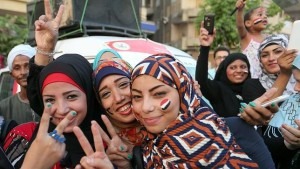 Moustafa also said that the film was a challenge as the shooting took 1½ years, mainly because the actors were amateurs and needed to be taught acting. Aya Saad, 26, another character in the film, lost sight in one of her eyes at a young age. Despite this, she became a model.
Moustafa also said that the film was a challenge as the shooting took 1½ years, mainly because the actors were amateurs and needed to be taught acting. Aya Saad, 26, another character in the film, lost sight in one of her eyes at a young age. Despite this, she became a model.
“Losing one of my eyes at a young age has exposed me to many difficulties in my life. I faced those challenges and I ended up successful because I was determined,” Saad told Al-Monitor. “I got to know all the film’s 14 strong women during the shooting. This encouraged me more.”
The film follows the 15 women when they meet at a sculpture exhibition. At the beginning of the film, when they first meet, they wear dresses of different colors, based on their personal tastes and the way they identify themselves. In the final scene, they wear a dress of the same color — white — to symbolize that they have fought with norms and won, and that they are happy with their lives and places in society.
“I am a mother and that’s it. Nothing else is important. I feel happy when I spend good times with my children; they give me power and courage,” Roweidah Biebers, a single mom, says during one of the scenes.
“We are living in a society that judges women by their looks, haircuts or clothes; [this is] a perspective that [deprives society from developing] an in-depth view [on who those women really are],” Yara Shahwan, a young successful sculptor, says during one of the scenes.
Sarah Ali, one of the young women who watched the film in Cairo, said that the film made her feel exactly how each woman lives. Ali noted that the film also gave her strength and positive energy.
Film critic Samir el-Gamal said “Colored Dress” is a special film. “It is unusual that we have films in Egypt that display real characters and do not use actresses,” Gamal told Al-Monitor. “That’s why it is very unique.”
Amany Moussa, a film producer and one of the film production team members, said that the film does not aim to be a commercial hit. “Our main aim is to present the stories of real women to the Egyptian public as well as those in the West. People outside Egypt need to get a true image of Egyptian women, as most local films show them as weak, marginalized or poor,” Moussa concluded.

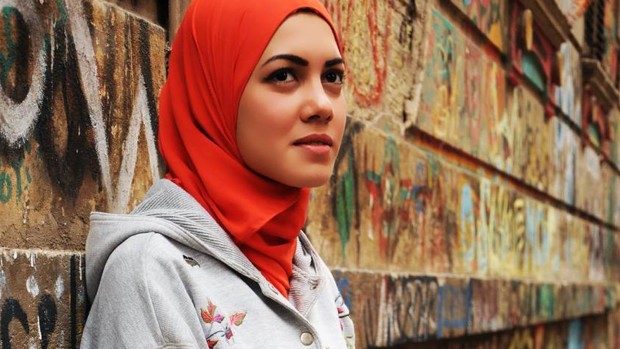
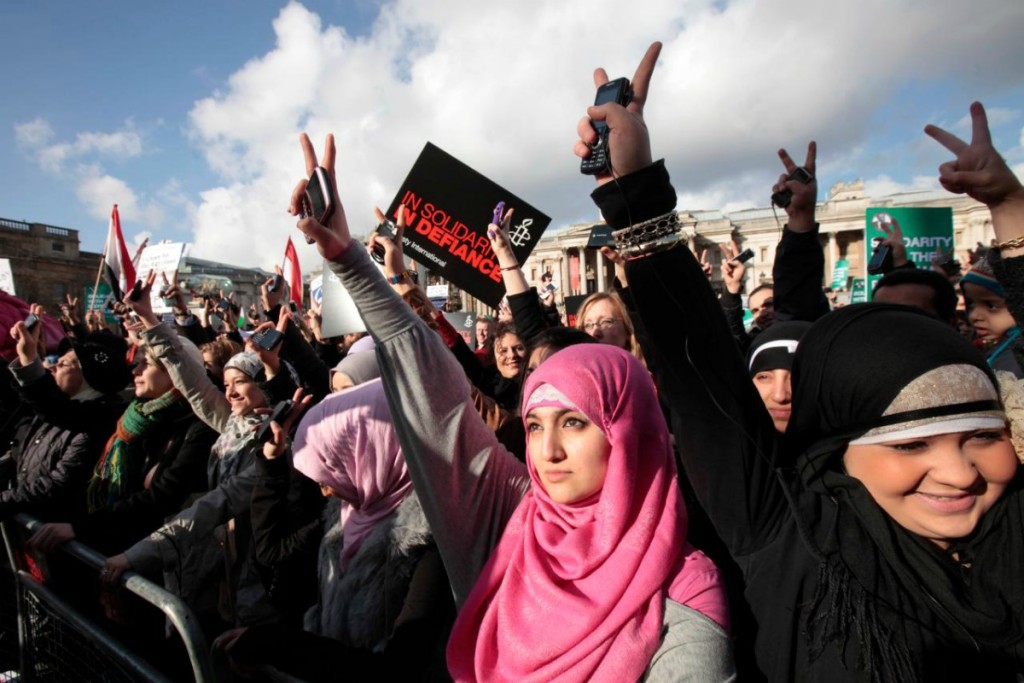
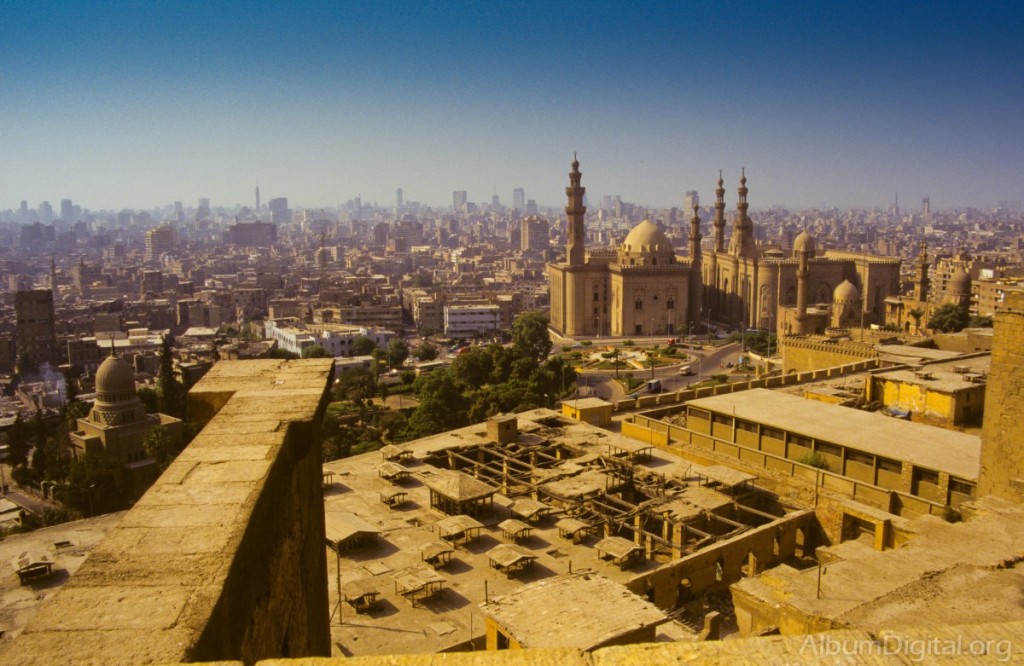


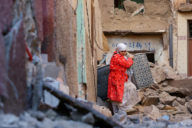











No Comments